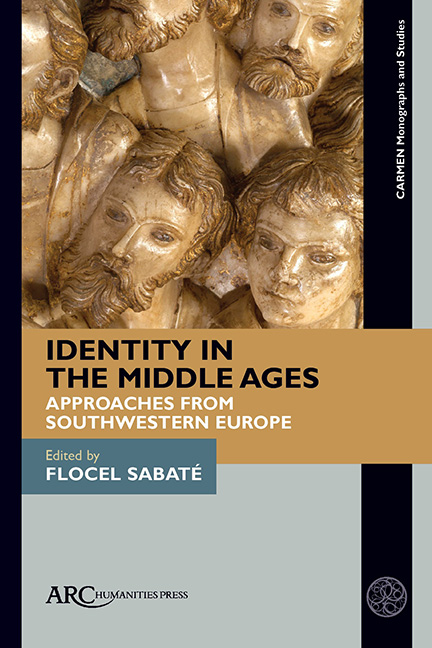Book contents
Chapter 7 - Eunuchs in the Emirate of al-Andalus
Published online by Cambridge University Press: 20 January 2022
Summary
THE PERCEPTION OF identity arises from the knowledge of others, which entails the certainty of the distinctive features of an individual or group. Identity is often defined in different ways in relation to the characteristics the individual or group possesses, as well as in relation to the different groups with which it is related. Identity, even, can be subjective and only perceived by the individual, but that desire to possess a differentiated identity can be an identity feature in itself.
Identity and Castration: Eunuchs in the Islamic World
Eunuchs can be considered, without any doubt, a special collective, whose different identity is evident to the naked eye. The sources themselves tell us that the infantile voices of these castrated males allowed them to be identified quickly. Despite this, that sexual ambiguity that allows them to accede, despite being men, to the female rooms, is not the only identity that they possess. Eunuchs are legally slaves and Islamic jurisprudence considers them to be “male adult slaves,” ignoring their castration as a differential element. From the point of view of religious sciences (theology and law), they are men, sometimes “Muslim men.” On the other hand, given that its main social identity characteristic is slavery, it is not its only distinctive feature, since they possess a privileged social status inside the palace. Paradoxically, what could be seen as a negative factor—the destruction of their manhood—gives them rights among palace officials that place them in the highest ranking of civil servants in the service of emirs and caliphs and belong, therefore, to the palace elites. Finally, on some occasions the Arab sources also give the eunuchs an ethnic identity because it is affirmed they had a common geographical origin. As will be seen later, that geographical origin—in the case of al-Andalus, they were called Saqaliba or Slavs—serves to designate them and euphemistically substitutes for the word “eunuch.” This ethnic identity should also give them a distinctive and characteristic aspect.
Given this variety of perspectives, it is worth asking if it is a marginal identity. Eunuchs are men, but they also have some women's rights; they are slaves, but sometimes they have the power and influence of free men.
- Type
- Chapter
- Information
- Identity in the Middle AgesApproaches from Southwestern Europe, pp. 179 - 200Publisher: Amsterdam University PressPrint publication year: 2021
- 1
- Cited by

